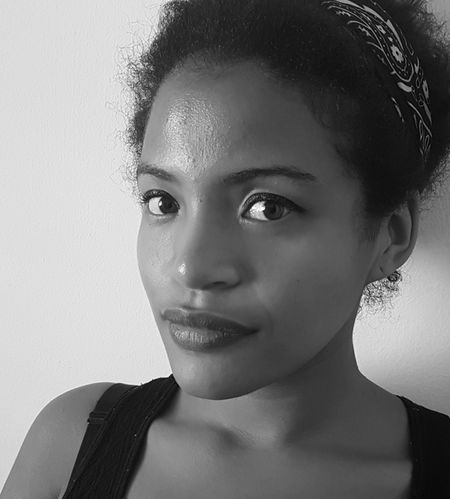“The GNU will survive, full stop,” said Democratic Alliance (DA) spokesperson Karabo Khakhau after a marathon session on Wednesday to pass the Appropriation Bill, which all Government of National Unity (GNU) parties supported.
While the 10-party coalition united in pushing through the important Bill that ensures South Africa does not fall into a fiscal crisis, where to next for the GNU?
For some parties, the GNU will survive its teething pains, and for others, now is the time to put aside party politicking in favour of getting the work done.
After a protracted process since the firing of the DA’s Andrew Whitfield, the deputy minister of trade, industry and competition, and the DA’s announcement that it would not support votes for “corruption-accused” ministers from the African National Congress (ANC), the DA eventually agreed to support the Bill and thus, the Budget.
This came after President Cyril Ramaphosa fired Higher Education Minister Dr Nobuhle Nkabane over the unfolding scandal in the Sector Education and Training Authority (Seta) boards.
Read more: ‘GNU in 99% agreement’ says ANC chief whip Mdumiseni Ntuli as Budget set to pass
But does this mean the GNU has managed to work out its differences?
DA leader John Steenhuisen said, “To preserve stability within the GNU, it is imperative that the Presidency urgently implements the dispute resolution mechanism outlined in the GNU Statement of Intent. Without it, governance risks being undermined by internal conflict.
“With the Budget now passed, the focus must shift decisively to service delivery and the rapid implementation of critical reforms to unlock economic growth and create jobs. DA-led ministries have already demonstrated measurable success, and we remain committed to delivering with excellence, professionalism, and integrity.”
The fights between the two biggest parties in the GNU have often taken centre stage, from the signing into law of contentious legislation such as the Expropriation Act and the Basic Education Laws Amendment Act to Budget issues around the planned VAT increase, and recently, Whitfield’s dismissal.
Read more: Key ingredients for putting together successful coalition governments
Patriotic Alliance leader Gayton McKenzie dismissed the squabbles as “growing pains”.
He told Daily Maverick, “We are voting together — let me tell you, all families fight.” The controversial minister of sports, arts and culture, whose party is the fourth-biggest in the GNU, said the formation was a “family” that fought internally, but stood together externally.
ANC spokesperson Mahlengi Bhengu said, “The passing of the Budget is a crucial process in the order of business by the National Legislature. We thank all parties that voted for the Budget.”
The Sunday Times has reported that the ANC was looking to reconfigure the GNU. This week, ANC parliamentary chief whip Mdumiseni Ntuli told Daily Maverick that at some point the GNU must be reset or reconfigured, “but we never really drill it down to the details as to exactly what we mean by a reset or a reconfiguration”.
But for other parties in the GNU, there needs to be clarity and re-evaluation.
Rise Mzansi’s national communications director, Mabine Seabe, said: “Coalitions are by their very nature unstable, but the GNU can avoid many of the growing pains through maturity, particularly through an understanding that all political parties are equals — the often-peddled notion that smaller parties are in the GNU as a favour smacks of arrogance. We are all elected by constituencies, however big or small.”
Seabe said that for this, the Leaders Forum and the Clearing House Mechanism needed to function and meet regularly, “so that disagreements do not happen through media statements.
“This period has been punctuated by tussles over the Budget; therefore, all parties need to start those discussions earlier and with honesty so that the work of government and the Budget aren’t held hostage by differing views.”
The Good party’s secretary-general, Brett Herron, said: “Party political manoeuvring in the Government of National Unity is a distraction, defocusing the state from its parallel priorities to grow the economy and meet its constitutional obligations to provide social justice.
“Now that the nation has an approved Budget, the GNU partners must resist the creation of further crises and prioritise the work for which South African taxpayers, regardless of political affiliation, richly reward them.” DM





 Members of the National Assembly conclude the Budget vote debates on departmental budgets and vote on the Appropriation Bill on 23 July. (Photo: Phando Jikelo / RSA Parliament)
Members of the National Assembly conclude the Budget vote debates on departmental budgets and vote on the Appropriation Bill on 23 July. (Photo: Phando Jikelo / RSA Parliament)